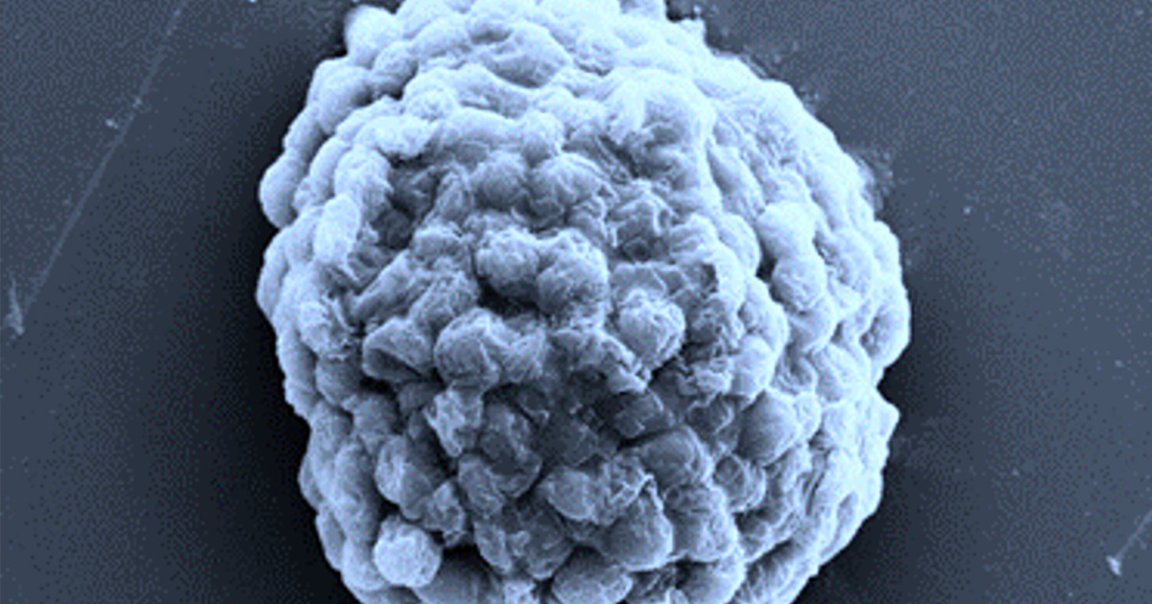
Wet Chemistry
By jam-packing photosynthetic algae into sugary droplets of water, scientists are building mini biological factories that churn out hydrogen that could be used as a source of carbon-neutral energy.
Under finely-tuned conditions inside the water droplet, the algae will stop producing oxygen and instead give off energy-packed hydrogen, according to research published Wednesday in the journal Nature Communications. While the minuscule factories are far too small to power our homes or cars for now, the research points to a possible source of sustainable clean energy if the process scales up.
Alternate Pathway
Typically, photosynthesis converts carbon dioxide into oxygen. But the scientists behind the study, at the University of Bristol and the Harbin Institute of Technology in China, learned that algae compressed together inside a water droplet produce hydrogen instead. That’s because there aren’t enough oxygen atoms to go around for typical photosynthesis reactions to occur, meaning hydrogen-yielding enzymes take over instead.
Taking things one step further, the scientists coated their biological factories in oxygen-consuming bacteria, prompting more of the algae to reliably produce hydrogen instead.
Fuel Cells
Again, factories the size of water droplets won’t end our energy crisis or halt greenhouse gas emissions all on their own. But the scientists expect the idea to work at larger scales, potentially driving down the cost of hydrogen fuel cells.
“Using simple droplets as vectors for controlling algal cell organization and photosynthesis in synthetic micro-spaces offers a potentially environmentally benign approach to hydrogen production that we hope to develop in future work,” study co-author and Bristol biologist Stephen Mann said in a press release.
READ MORE: Research creates hydrogen-producing living droplets, paving way for alternative future energy source [University of Bristol]
More on hydrogen: Cheap Hydrogen Fuel Was A Failed Promise. But Its Time May Have Arrived.